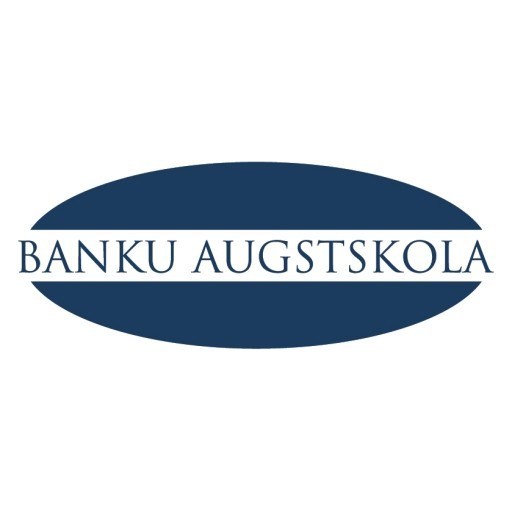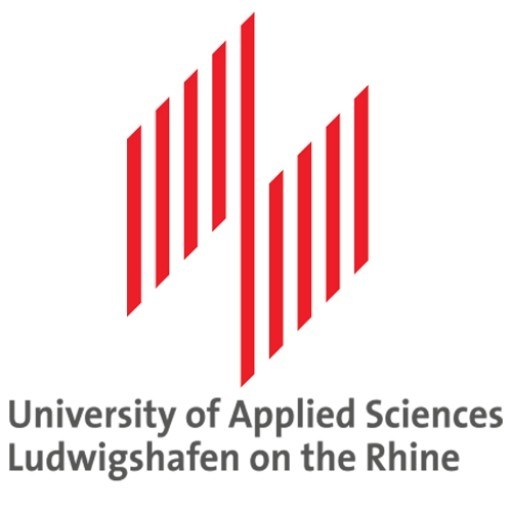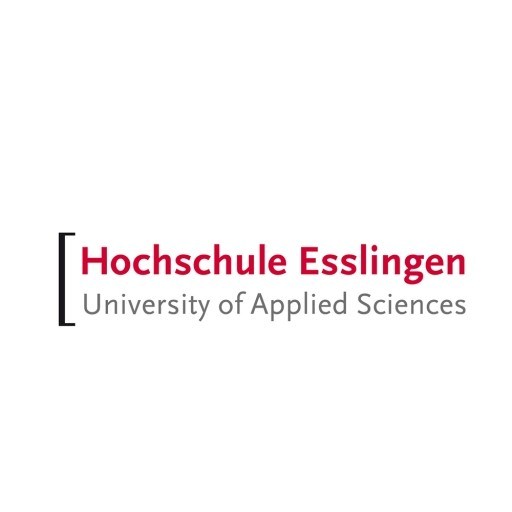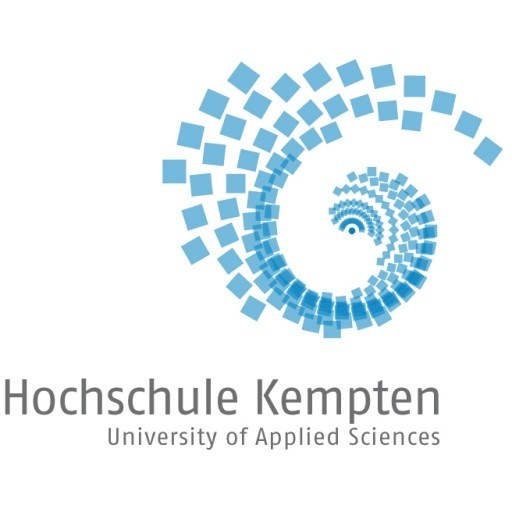Photos of university / #imperialcollege
This one-year programme uniquely combines business-focused teaching and cutting-edge research to provide the essential management skills to springboard students into a management career in the global healthcare sector.
Programme Benefits
International context
Learn from internationally recognised faculty at the forefront of health management research, to gain an overview of the UK health system and its application in a global context.
Putting theory into practice
Learn from real-life case studies how to put the latest academic thinking and business strategies into practice.
Career development
Our dedicated careers service will help you present yourself with confidence to the worlds top employers.
Reputation
The Imperial name will open doors for you across the world.
In order to master the challenges of management in the healthcare sector, it is important, firstly, to understand the general principles of management.
During the programme you will study eleven taught courses providing you with a solid knowledge base in each subject area. Initially the focus is on the principles of management, moving increasingly towards a focus on healthcare. In the summer term, you will consolidate and apply your understanding of the material so far, choosing specific aspects to pursue in greater depth.
The programme is paperless and uses state of the art teaching methods in order to provide students with a rich and interactive learning experience. All course materials will be delivered through a bespoke Virtual Learning Environment.
Timetable
The MSc International Health Management is a one year, full-time intensive programme. The normal working week is Monday to Friday. Classes will be scheduled between 08.30 and 21.00 and students should expect to attend one evening class per week, and other optional activities such as guest lectures or alumni and careers events may be scheduled in the evening.
Autumn termOctober - December
- Accounting
- Health Informatics
- Marketing
- Organisational Behaviour and Human Resource Management
- Strategic Management
- Teaching and Assessment
Spring termJanuary March
- Contemporary Topics in Healthcare
- Health Economics
- Health Systems Policy and Financing
- Management Challenges of Healthcare Organisations
Summer termApril - June
- Entrepreneurship
- Business Plan Competition
- Evaluating Evidence for Managerial Decision Making
Summer projectsJune September
- Healthcare Report
- Healthcare Sector Project
Youll be taught through a range of contexts lectures, syndicate discussions, group exercises and individual case studies and assessed through a combination of examinations, group presentations and coursework, which will incorporate individual projects and work in small groups.
Faculty and Research Interest
The Business School is home to a number of research centres, three of which are involved in the delivery of the Masters programmes in International Health Management. These three centres focus on Entrepreneurship, Health Management and Innovation Studies. Experienced researchers from inside and outside the School use the centres, providing a vibrant and cooperative environment for students and new researchers to develop their skills. The centres attract considerable external research funds and also have close research links with other parts of Imperial College.
Candidates that fail to successfully complete this degree are not entitled to a Postgraduate Certificate or Postgraduate Diploma.
A good undergraduate degree from a recognised university preferably a UK 2.1 honours degree or above, (or international equivalent ) in medicine, health sciences, social sciences, physical sciences, engineering, informatics or another relevant discipline.Whilst there are no specific A Level criteria for admission to MSc International Health Management, you should be aware that many companies have very strict grade requirements for their graduate programmes. Therefore, we strongly recommend that when you are considering your career options, you research the entry requirements of any companies you are interested in working for.Career PlanningOne of the most important parts of our application form is the Career Questions section.Your answers should demonstrate well researched career goals, a clear understanding of the business sector and the skills that employers are looking for, such as teamwork, problem-solving, leadership and communication.You should also ensure that you list any relevant work experience or internships in the Industrial/Professional Experience section of the application form.English Language RequirementALL applicants must demonstrate English language proficiency by meeting one of the following standards:GCSE, GCE O Level English or equivalent at grade B or aboveIGCSE English as a First Language at grade B or above (only acceptable from students who do not require a visa to study in the UK)Cambridge Certificate of Proficiency in English (CPE) at grade B or aboveIELTS (academic): A minimum score of 7.0 with a minimum score of 6.5 in all elementsInternational Baccalaureate (IB) English at grade 5 or above (either Subsidiary or Higher)Successful completion of the Business School's Pre-Sessional English CourseA full list of acceptable English language qualifications and our required scores can be found in the English language section of our FAQ pages.NoteOur English language requirements are applicable to Home, EU and Overseas students.IELTS scores will only be valid if they are less than two years old on the programme start date.You may submit your online application prior to receiving your IELTS scores.Our English language requirements are higher than the minimum standard set by Imperial College. English Language Requirements IELTS band: 7 IMPORTANT NOTE: Since April 2014 the ETS tests (including TOEFL and TOEIC) are no longer accepted for Tier 4 visa applications to the United Kingdom. The university might still accept these tests to admit you to the university, but if you require a Tier 4 visa to enter the UK and begin your degree programme, these tests will not be sufficient to obtain your Visa. The IELTS test is most widely accepted by universities and is also accepted for Tier 4 visas to the UK- learn more.
Students normally obtain funding from the following sources;
- Imperial College Business School scholarships
- Other merit or needs based scholarships. For example, Imperial College London offers postgraduate scholarships which you canread about here, and The British Council offers scholarships for international students
- Self/family funding
- Employer sponsorship
- Other sources of funding may be found in these publications; Imperial College London Postgraduate Prospectus, The Grants Register (published by Macmillan), Awards for postgraduate study at Commonwealth Universities (Association of Commonwealth Universities), Study Abroad (UNESCO)
UK residents requiring further additional information on financial assistanc e should visit this government website or call 0800 100 900. They offer options such as Professional and Career Development Loans.








